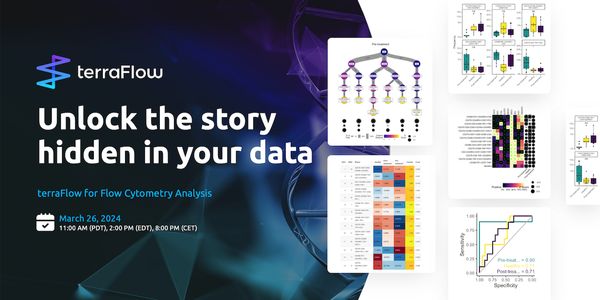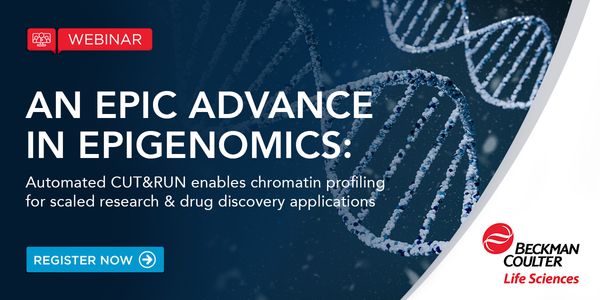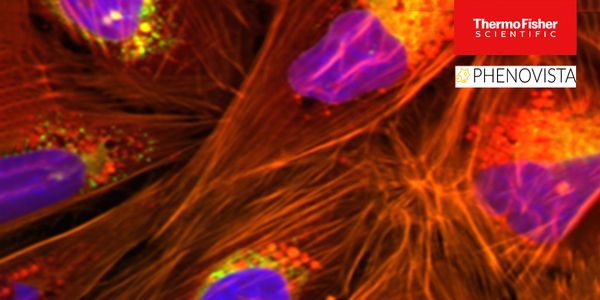
See Further: Expanded Carrier Screening Tools That Take You From Sample to Insight
-
Raed Samara, PhD
Senior Global Product Manager, QIAGENBIOGRAPHY -
Rupert Yip, PhD
Director, GPM Genetic Disease InformaticsBIOGRAPHY
Inherited disorders affect millions of people globally. These diseases significantly impact lives of patients and their families, and in addition, also results in substantial socio-economic impact. Monogenic disorders, as an example, affect 1/100 live births and are oftentimes debilitating, if not fatal at an early age. Though these disorders have been the subject of study for many years, the underlying genetic basis for most of these diseases are still unknown, necessitating the need to further expand our understanding through genomic approaches such as next-generation sequencing in order to develop better diagnostics and carry out early intervention that could result in better outcomes and quality of life for the affected individuals.
Though next-generation sequencing offers an ideal technology by which thousands of variants can be interrogated in parallel, designing a new panel with a corresponding analysis pipeline is not a trivial task. From panel design, this requires extensive research to understand which genomic regions, exonic or otherwise, to include. Furthermore, choosing a technology that enables targeting of more complex and challenging variants is also a key requirement in order to have the most comprehensive panel. On the analysis front, a tailored pipeline that not only allows detection of variants, simple or complex, but also provides an easy way to review the available evidence that supports each, whether from publications or other public or proprietary data sources, is critical especially for those rare variants that have extremely low prevalence in a given population.
In the first part of this webinar, we will introduce a new QIAseq Expanded Carrier Screening Sample to Insight workflow specifically designed for interrogating 200 genes that have been demonstrated to cause 192 inherited disorders, which today are addressed using multiple technologies. From optimized primer design based on the robust single primer extension (SPE) chemistry, to streamlined bioinformatic pipelines for read mapping, variant detection and interpretation of both simple and complex variants, this combined solution significantly simplifies this workflow into one single assay, enabling faster time to insights while minimizing costs and processing time.
In the second half of this webinar we will present QIAGEN Clinical Insight (QCI™) - Interpret, our clinical decision support platform that enables precision diagnostics to be carried out based on knowledge gained from the study of these inherited diseases. With the bioinformatic bottleneck around building robust pipelines for read mapping and variant detection now largely solved, genetic interpretation and deriving actionable findings is now the next challenge. Though recent guidelines by the ACMG, automated within QCI- Interpret, has helped standardize the variant classification process for rare variants especially, this still remains a challenge requiring thorough research and investigation. As with any investigation, knowledge is key. The upfront gathering or pre-curation of as much evidence (knowledge) about the genes involved is critical in increasing confidence in interpretation of findings. Powering QCI-Interpret is the QIAGEN Knowledge Base, the most expansive knowledge base resulting in over 20 years of manual curation by a team of certified MDs and PhDs. This expert team reads over 4,000 scientific articles a month to bring the highest quality content to trigger all 28 ACMG criteria to accurately classify variants ensuring confident reporting of carrier status.
Learning Objectives:
1. Learn how the coupled solution of UMI-enabled single primer extension (SPE) and the well renowned CLC algorithms for secondary analysis enables the coverage and high confidence detection of large targeted regions while minimizing impact of PCR duplicates and errors
2. Learn how the QIAGEN Clinical Insight (QCI™)- Interpret clinical decision support platform can help support your expanded carrier screening test with minimal development time
See Further: Expanded Carrier Screening Tools That Take You From Sample to Insight
Please update your information
Certificate of Attendance
DOWNLOAD CERTIFICATE
Finish Registering
-
APR 30, 2024Immuno-Oncology Virtual Event Series 2024
-
MAY 07, 20243rd International Biosecurity Virtual Symposium
-
SEP 03, 2024Microbiology Week Virtual Event Series 2024
- See More
-
APR 18, 2024
- See More













































